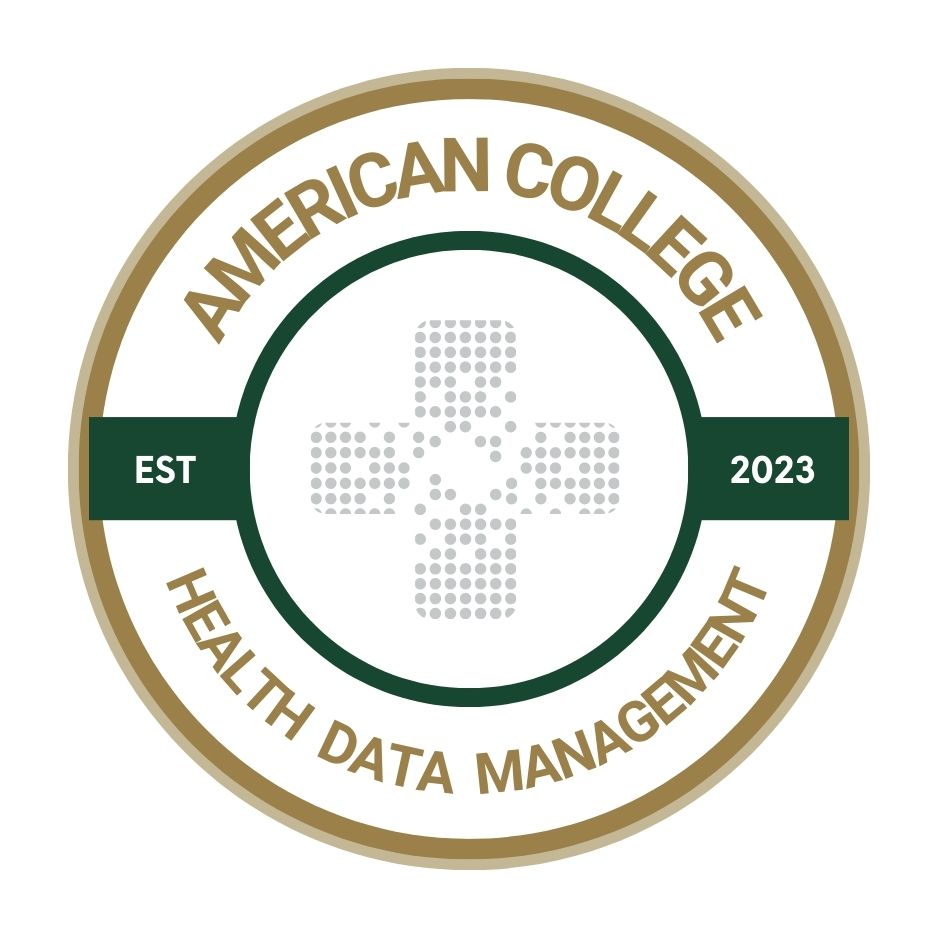Accelerating healthcare data modernization: Advocacy, funding, and technological integration at HIMSS25
Healthcare data modernization is essential for improving public health outcomes. Advocacy, funding, and AI-powered tools are driving data transformation in public health.

Las Vegas, NV — The HIMSS25 Global Health Conference has spotlighted the critical importance of healthcare data modernization, emphasizing the need for robust advocacy, sustained funding, and the integration of advanced technologies to transform public health infrastructure. Discussions underscored that modernizing healthcare data systems is not merely a technical upgrade but a comprehensive strategy essential for enhancing patient care, operational efficiency, and public health outcomes.
The imperative for data modernization
The Centers for Disease Control and Prevention (CDC) defines data modernization as an ongoing journey aimed at advancing data for more effective and informed public health action. This initiative seeks to create data systems that are accessible, flexible, equitable, and actionable, thereby enabling timely and informed decision-making in public health.
The COVID-19 pandemic exposed significant shortcomings in existing public health data systems, highlighting issues such as data silos, outdated technology, and interoperability challenges. These deficiencies hindered rapid response efforts and underscored the necessity for a modernized data infrastructure capable of supporting real-time data exchange and analysis.
Advocacy and funding: Pillars of modernization
Achieving comprehensive data modernization requires concerted advocacy and substantial funding. The CDC’s Data Modernization Initiative (DMI) is a pivotal effort focused on improving public health data to make it more accessible and usable for action. However, the success of such initiatives hinges on sustained financial support and policy advocacy to ensure that modernization efforts are prioritized at both federal and state levels.
Organizations like the Council of State and Territorial Epidemiologists (CSTE) have launched campaigns advocating for sustained funding for public health surveillance through the DMI. These efforts aim to secure the resources necessary to build and maintain modern data systems that can effectively support public health needs.
Technological integration: Leveraging advanced tools
The integration of advanced technologies, such as Artificial Intelligence (AI), plays a crucial role in the data modernization landscape. At HIMSS25, Microsoft unveiled Dragon Copilot, an AI assistant designed to alleviate clinicians’ administrative burdens by automating documentation tasks and providing reliable medical information. This tool exemplifies how AI can enhance clinical productivity, allowing healthcare professionals to focus more on patient care.
Similarly, Google Cloud introduced new generative AI and visual search technologies at HIMSS25, aiming to revolutionize data accessibility and analysis in healthcare settings. These advancements facilitate more efficient data retrieval and interpretation, contributing to improved patient outcomes and streamlined healthcare operations.
Collaborative efforts: Public-private partnerships
Public-private partnerships are instrumental in advancing data modernization efforts. For instance, the CDC Foundation’s Health Data and Innovation Series is working to identify effective pathways to modernize public health information systems. These collaborations bring together diverse stakeholders to address challenges and develop innovative solutions for data modernization.
Additionally, initiatives like the Public Health Data Modernization Implementation Centers support public health agencies in adopting the latest health IT standards and participating in data exchange networks. Such programs provide resources and support to ensure that public health agencies can effectively implement modern data systems.
Policy and governance: Establishing a framework
Effective data modernization requires robust policy and governance frameworks to guide implementation and ensure alignment with public health objectives. The Public Health Informatics Institute (PHII) emphasizes that the CDC-led DMI is dedicated to unlocking the full potential of data for disease detection and elimination. Establishing clear policies and governance structures is essential to facilitate the successful adoption and utilization of modern data systems.
Challenges and considerations
Despite the progress made, several challenges persist in the journey toward comprehensive data modernization:
• Interoperability: Ensuring seamless data exchange across diverse healthcare systems remains a significant hurdle. The adoption of standards like Fast Healthcare Interoperability Resources (FHIR) is crucial to facilitate interoperability and enable efficient data sharing.
• Workforce Development: Building a workforce equipped with the necessary skills to manage and utilize modern data systems is vital. Investments in training and education are required to prepare public health professionals for the evolving data landscape.
• Privacy and Security: Modernizing data systems must be accompanied by robust measures to protect patient privacy and secure sensitive information. Implementing advanced cybersecurity protocols is essential to maintain trust and safeguard data integrity.
The path forward
The discussions at HIMSS25 underscore that healthcare data modernization is a multifaceted endeavor requiring coordinated efforts in advocacy, funding, technological integration, and policy development. By addressing these areas collectively, the healthcare industry can build data systems that are resilient, responsive, and capable of meeting the demands of modern public health challenges.
As the healthcare landscape continues to evolve, embracing data modernization is imperative to enhance patient care, improve public health outcomes, and ensure that healthcare systems are equipped to respond effectively to future crises. The insights and innovations presented at HIMSS25 serve as a catalyst for ongoing efforts to transform healthcare data infrastructure for the betterment of society.
Kenneth R. Deans, Jr., DHA, MBA, FACHDM is the President and CEO of Health Sciences South Carolina
